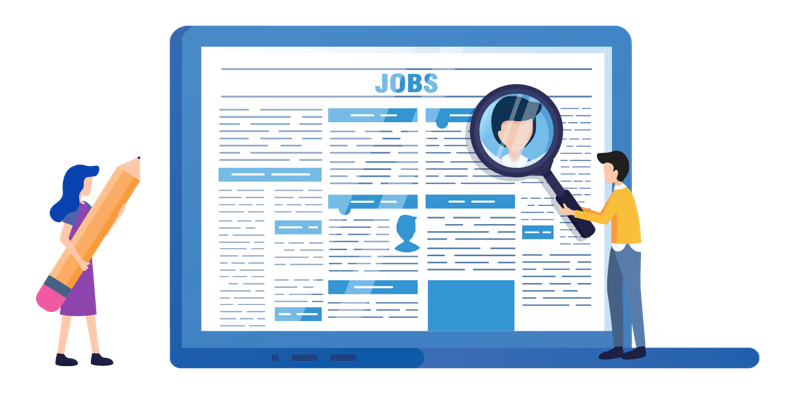Reference Check
Hiring Success GlossaryTable of Contents
- What is a reference check?
- The pros and cons of reference checks
- Tips for conducting reference checks
- Reference Check Questions
- Reference Checking Services
What is a reference check?
Most employers check references as part of the hiring process. Checking references involves contacting previous employers, supervisors, schools, and so forth to verify key employment and educational information and learn more about a candidate’s background, experiences, and skills.The pros and cons of reference checks
Many experts debate the utility of reference checks. Skeptics argue that reference checks:- Do little more than confirm the candidate you’ve already decided to hire.
- Foreclose any real opportunity to uncover “red flags,” since candidates only submit references that will sing their praises.
- Most companies and hiring managers rarely read reference checks, and many do not even perform the check themselves.
Tips for conducting reference checks
With the latter in mind, here are some tips for ensuring your reference check process is most beneficial:- Seek input from the interview team: the interview team may have already voted to hire a candidate, but there’s more information to glean from the interview process. Are there any concerns interviewers have about the candidate? Is there information you wished you knew more about, or would’ve liked to follow up on? Feedback from the interview team, in this regard, should help shape your approach to the reference check process.
- Describe the job and ask specific questions pertaining to its responsibilities: Say something like, “To succeed in this role, you need to be able to do x, y, and z.” Then, allow the reference to explain how they think the candidate fits those criteria. This is a far more effective and productive strategy than asking, for example, “Do you think [candidate] can do x?”
- Ask specific, but open-ended, questions: questions like, “Tell me about [candidate]” are useless, unless you want a vague answer like, “They’re great!” Instead, ask for specific examples from their reference, or for further detail on a project you’re aware of. For example, “We learned [candidate] helped produce your new website, can you tell me more about their role in that project?”
Reference Check Questions
As outlined above, we recommend you tailor each reference to your organization’s needs or concerns for a given candidate. With that in mind, it’s useful for organizations to have a template for all prospective hires. Here are a list of common reference check questions to include in your template:- Can you verify the job candidate’s employment, job title, pay, and responsibilities? Why did they leave that job?
- How do you know the job candidate?
- What makes the candidate a good fit for this job?
- If you had the opportunity, would you re-hire this job candidate? Why?
- What are the candidate’s biggest strengths and weaknesses?
- Did the candidate get along with their co-workers and management?
- How did (name) handle conflict? How about pressure? Stress?
- What advice can you give me to successfully manage the job candidate?
- What else do I need to know about the job candidate that I didn’t already ask?
- Who else should I speak to about the candidate that can provide different insight?




